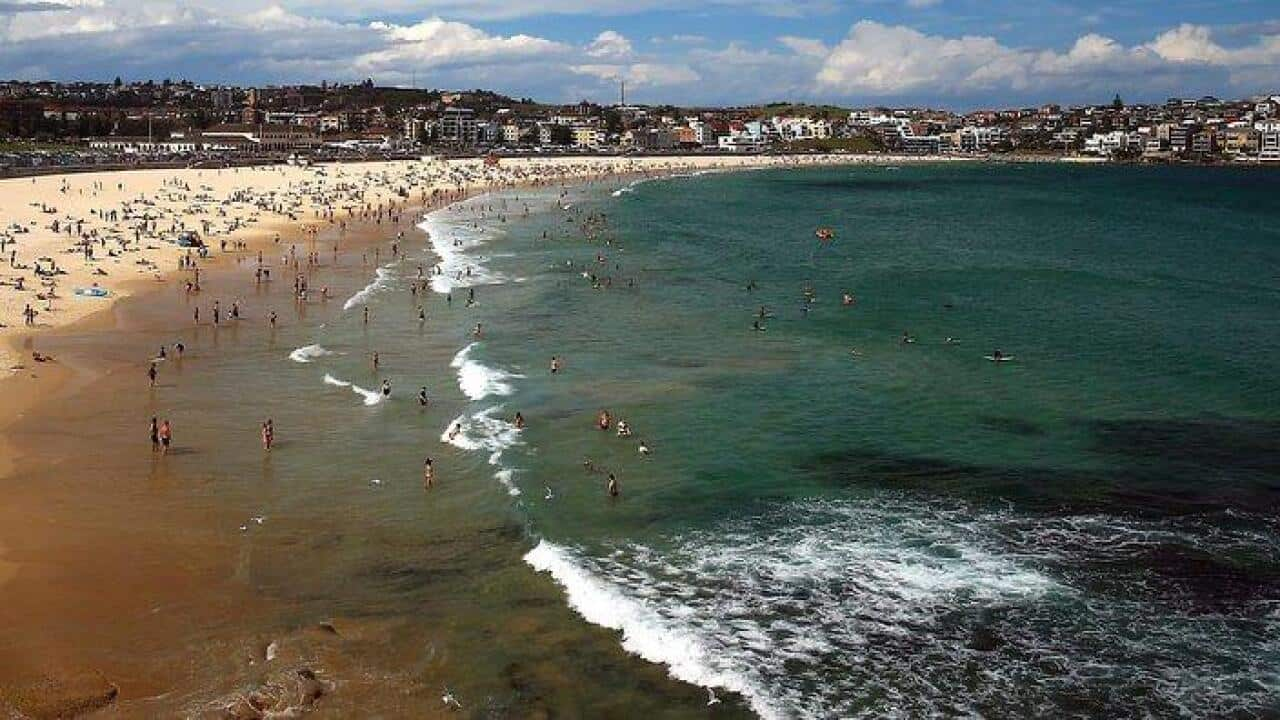COMMENT
My whole life has been navigating this sprawling city of tangled highways and high-rises.
From the great expanse of Sydney’s western suburbs where I grew up and fled after high school, landing in the ramshackle student terraces of the inner west, to working in the media in my twenties and embracing the eastern suburbs in my thirties - the east-west commuting life is my life.
I’ve navigated all the highways, paid every toll, shuffled through dirty train turnstiles at night and patiently waited for buses that never arrived. As a first year media/law student, I once ran four blocks to catch an errant bus that would connect me to a slow sputtering train to get to a university class in the city two hours later, breathlessly late and greeted by a scowling tutor.
According to the Hilda Survey, Sydney had the longest average daily work commutes in the country, clocking in at a whopping 71 minutes one way.
It’s the story of Sydney. According to a , Sydney had the longest average daily work commutes in the country, clocking in at a whopping 71 minutes. The survey suggests that not only do long commutes impose physical and mental strain, but without employer flexibility also impacted work happiness and social mobility.
The west is experiencing a renaissance today. A generation of unapologetic mainly brown kids are staking their ground (pushed by burgeoning rents) to embrace their roots in a kind of proud working class reclamation - fuelling a flourishing arts scene from the poetry slams of Bankstown and the to the sparkling new campuses of the rebranded Western Sydney university. Parramatta and Blacktown have shiny new CBDs with field branches of city corporates dotted among shiny shopping complexes. People live in comfortable new homes, the unfairly derided ‘McMansions’ with backyards and breathing space outside the overpriced box apartments of the inner city.
Today the west is cool. It’s the hood where dreams are made and good charcoal chicken eaten. But for me and the noughties generation, with nothing but a broken down skate park, low expectations and run down public libraries for company, to ‘make it’ meant leaving. It meant scoring a HSC mark good enough to get a place in a city university, and take the fast train line east to opportunity, mobility and a ticket out.
The smart kids slid out of the west quietly making sure not to mention where we came from.
The smart kids slid out of the west quietly making sure not to mention where we came from. It was a relief to shed the stigma of the ‘barren bogan world’ treated with disdain or at best silent bewilderment by people you worked and studied with, people for whom Parramatta might as well be Botswana.
To be honest, for me living in the inner city offered freedom. It became a pre-requisite to working in the fast-paced and all-consuming world of media. I skipped from city to city, always 15 minutes from work where I could linger afterwards, and jet from press conference to court to city to parliament to home. We went to drinks in the inner-city, my upwardly mobile friends in law mingling with people who had lifts in their houses and boats in their garage.
I’m back in the western suburbs now. I live in Mt Druitt - the most notorious of the Sydney hoods in my family’s new house. Once ashamed of my background, today I see the value in having an unrivalled vantage point and life experience that is hard to access for my colleagues.
It’s a place teeming with stories, stories I saw no value in because others did not.
I live near a massive mosque and school that exhales a gaggle of South Asian mothers in shalwar kameez, clutching their brood of kids clad in long skirts and hijab uniforms among a 3pm gridlock of cars.
Men in thobes wonder the streets when I wake up at 6:30am on the dot to make my pilgrimage east to work.
Men in thobes wonder the streets when I wake up at 6:30am on the dot, to make my pilgrimage east to work. If I am five minutes late out the door, I am an hour late to work. If I travel by train, I see homeless people and those suffering addiction, but also young men of colour in suits and women in colourful African turbans. I see train guards harass the poor. I see police with dogs search black teens. I also hear the beautiful melodies of Pasifika kids singing gospel. Getting to work is a daily mission, one that is a reminder to me of the literal and metaphoric journey of those on Sydney’s outer. The extra mountain they climb just to get to the same starting point as those already on the field.
For Sydney’s east-west travelers – generally working class and largely racially diverse, a commuting life requires the logistical precision of a working parent juggling childcare and morning traffic. Just like a working mother forced into the less lucrative part-time track, a commuting life forces compromise. It could mean turning down the prestigious city job or art school scholarship for the place closer to home.
As rents increase and expensive tolls like the WestConnex dot our highways making the migration to the wealthier ends of town more difficult, I worry about the impact of this on social mobility for those like me - who are proud of their roots but also want access to new worlds outside the ones we were born into.
Sarah Malik is the Deputy Editor of SBS Voices. She is also a 2019 Walkley fellow. You can follow Sarah on Twitter






